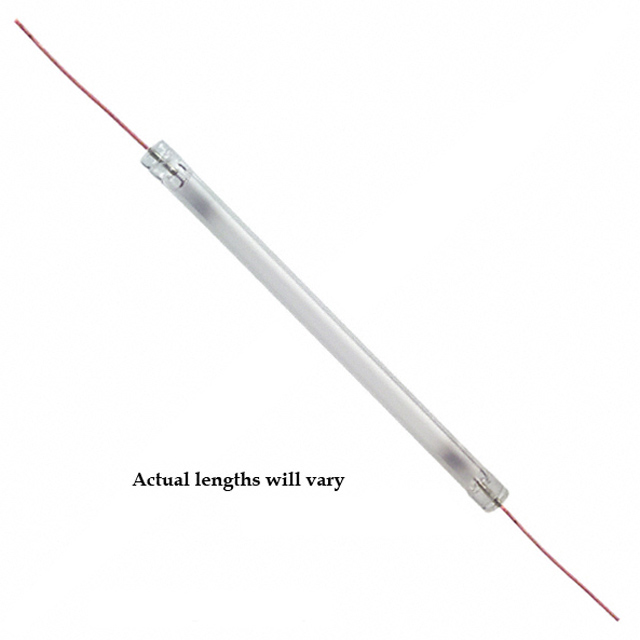ML2035: Features: ·Programmable output frequency - DC to 25kHz·Low gain error and total harmonic distortion·3-wire SPI compatible serial microprocessor interface with double buffered data latch·Fully integr...
floor Price/Ceiling Price
- Part Number:
- ML2035
- Supply Ability:
- 5000
Price Break
- Qty
- 1~5000
- Unit Price
- Negotiable
- Processing time
- 15 Days
SeekIC Buyer Protection PLUS - newly updated for 2013!
- Escrow Protection.
- Guaranteed refunds.
- Secure payments.
- Learn more >>
Month Sales
268 Transactions
Payment Methods
All payment methods are secure and covered by SeekIC Buyer Protection PLUS.

 ML2035 Data Sheet
ML2035 Data Sheet








